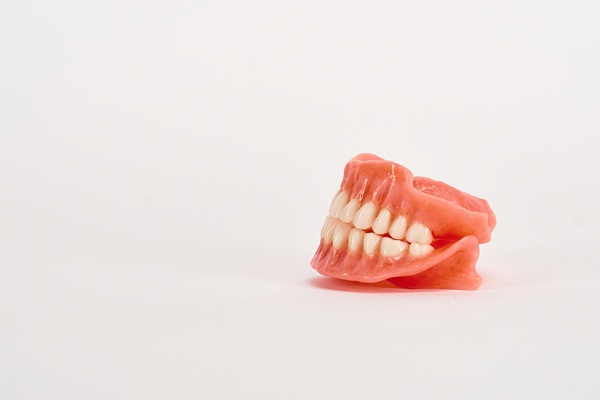Caring for Your Gums and Teeth When You Have Diabetes

Having diabetes can affect both your teeth and gums. It can also heighten your chances of getting gum disease and other problematic issues. A diabetic may be more prone to having cavities and fungal infections as well as slower healing times after dental surgeries. For a diabetic, practicing and ensuring oral health is more important than ever.
Not only does oral hygiene ensure you wash away any remain food particles, but it also keeps your mouth moist and less prone to decay. There are plenty of tips and steps that one can do to ensure that their gums and teeth stay in top shape, despite having diabetes.
Oral hygiene essentials
Ensure that you maintain the basics of brushing at least twice a day and flossing once a day. People with diabetes also tend to have a dry mouth. By flossing and brushing often, you are ensuring that bacteria does not stay and breed inside your vulnerable mouth. Make sure to use an antibacterial mouth rinse to help kill plaque buildup on your teeth and gums.
Dentistry
Have your teeth professionally cleaned at least every six months. Make sure your dentist is aware of your diabetes and checks for inflammation and signs of bleeding gums. By setting up a routine cleaning schedule, you can make sure that tar or plaque buildup remains at a minimum. If your teeth or gums are in dire straits, consulting with your dentist can help ensure your situation does not worsen. Professional cleanings can also lower your average blood sugar levels within the mouth.
Gum disease
Gum disease, also known as periodontal disease, is the most common dental disease to affect those living with diabetes. In fact, 22 percent of all diabetics have some form of gum disease. With increasing age and poor blood sugar levels, gum problems can progress and worsen. Serious gum disease can cause blood sugars to rise, making diabetes harder to control. The higher the blood sugar levels, the more susceptible your gums and teeth are to infections. This makes fighting bacteria harder for your gums and teeth.
Action plan
Working side by side with a professional can be beneficial in keeping your teeth and gums healthy despite having diabetes. Make sure you are using diabetes-related medication as directed by your doctor as well as changing to a healthier diet to help lower sugar levels. Exercising and avoiding substances such as cigarettes and alcohol can help your body fight any bacterial or fungal infections in your mouth as well as reduce your chances of dry mouth. If you wear any sort of dental cosmetic such as dentures, make sure you clean them every day to reduce the number of bacteria entering your mouth.
Living with diabetes is hard enough. You do not need to make it harder on yourself by having gum or teeth issues. Make sure you focus on maintaining a healthy oral routine that includes brushing at least twice a day and flossing daily. Work alongside your dentist if your oral problems seem to persist as they are the ones most equipped to help you in your situation.
Request an appointment here: https://www.northside-dentalcare.com or call Northside Dental Care, PC at (978) 206-7077 for an appointment in our Peabody office.
Check out what others are saying about our services on Yelp: Read our Yelp reviews.
Recent Posts
Missing one tooth or multiple teeth can make it harder to perform everyday functions. It can also make you feel self-conscious about smiling. Dental implants not only restore the function and appearance of your smile, but they also help restore your everyday oral health.Dental implants are artificial tooth roots surgically placed in a person's jawbone.…
Wear and tear make denture repair inevitable in the long run. This is why a general dentistry practice that deals with dentures should have in-house facilities for minor and moderate repairs. The practice should also have quick access to a dental lab in case a patient needs major repairs for their dentures. Knowing when to…
Dental implants can replace missing teeth using a combination of screwlike metal posts and dental crowns, bridges, or dentures. Many consider implants state-of-the-art teeth replacement. Though dental implants can be an effective way to restore your smile, it is important to ensure they are right for you and understand how they work.Dental implants can support…
For many individuals with missing teeth, dental implants are an effective way to restore the appearance and function of their smile. However, like any medical procedure, there are potential risks and complications associated with getting dental implants. While these risks are relatively rare, it is important for patients to be aware of them before undergoing…


